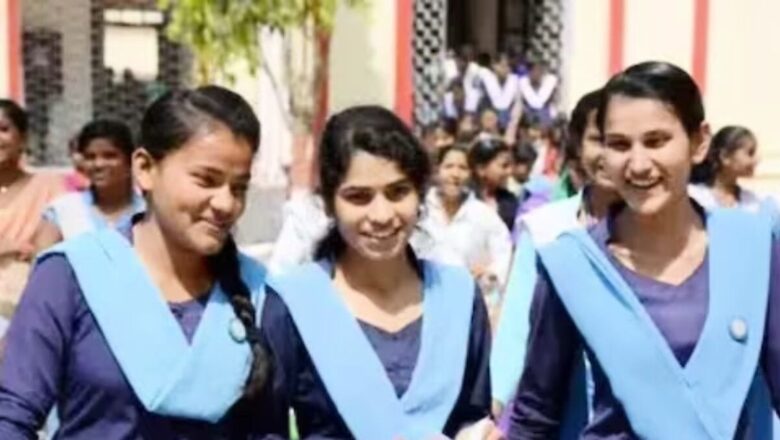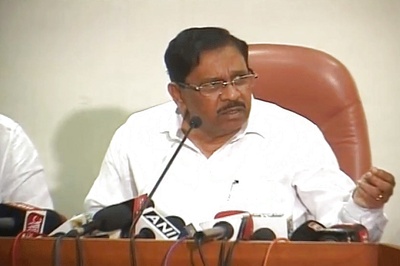
views
The educational landscape in India has changed as a result of several ground-breaking announcements, marking a dynamic turn of events this year for the academic sector. These developments, which range from the periodic table being moved from class 10 to class 11 textbooks to the Anubhuti curriculum being added in UP school books, mark a major step in education and the improvement of academic excellence. We have listed down the top changes brought in school teaching or curriculum:
Periodic Table Moved from Class 10 to Class 11 NCERT Textbooks:
The National Council of Educational Research and Training (NCERT) issued a clarification in response to widespread criticism about the alleged removal of the periodic table from Class 10 textbooks. The topic had not been removed, according to the council, but has been moved to Class 11 textbooks as part of a rationalisation effort to reduce the burden on students in light of the COVID-19 pandemic. NCERT had also dropped or relocated a few other topics across subjects.
Veer Savarkar’s Biography In School Syllabus:
The Madhya Pradesh Education Department included Veer Savarkar’s biography in the school curriculum after Uttar Pradesh. The biography had been included in the department’s mandatory school curriculum to be taught by teachers. While announcing the decision, Madhya Pradesh School Education Minister Inder Singh Parma chastised previous governments for failing to include ‘true revolutionaries of India’ in the country’s curriculum.
Vedas in Curriculum:
In November, Union Education Minister Dharmendra Pradhan announced that the Centre had set aside Rs 100 crore for projects aimed at incorporating Vedas and Indian languages into the curriculum. Students who pass the Vedic boards’ Class 10 (Veda Bhushan) and Class 12 (Veda Vibhushan) examinations will now be eligible to attend any college for higher education, such as medicine and engineering. This decision comes after the Association of Indian Universities (AIU), a government-designated body, agreed to reinstate Vedic education.
Advanced Coding & AI Modules in Schools:
Amazon announced the expansion of its Amazon Future Engineer (AFE) programme on December 4, with the goal of introducing advanced coding and artificial intelligence (AI) modules in 100 Karnataka Residential Educational Institutions Society (KREIS) schools. According to a statement, the company will also improve digital infrastructure at 30 KREIS schools. The 20-hour module is designed to address students’ current knowledge of computer science and coding.
Bengali Mandatory in English Medium Schools:
According to a senior official, the West Bengal cabinet approved a proposal in August to make Bengali mandatory as a second language in private English medium schools. The cabinet meeting, presided over by Chief Minister Mamata Banerjee, also approved the formation of an Education Commission to investigate complaints about private schools, according to a senior official.
CBSE Students Can Now Learn In 22 Languages:
Union Education Minister Dharmendra Pradhan announced in July that 22 languages, including Odia, will be used as mediums of instruction in Central Board of Secondary Education (CBSE) schools across India. The mediums of instruction in CBSE schools were only English and Hindi. According to Pradhan, the CBSE issued a circular in this regard, allowing other languages to be used as mediums of instruction in their schools.
Anubhuti Curriculum in UP Schools:
The Uttar Pradesh government decided in November to implement the ‘Anubhuti Curriculum,’ which is intended to instill values and foster character development in students of the state’s over 45,000 government-run upper primary schools. This groundbreaking initiative in Uttar Pradesh schools adheres to the standards outlined in the new National Education Policy (NEP) 2020 and the National Curriculum Framework (NCF).
















Comments
0 comment